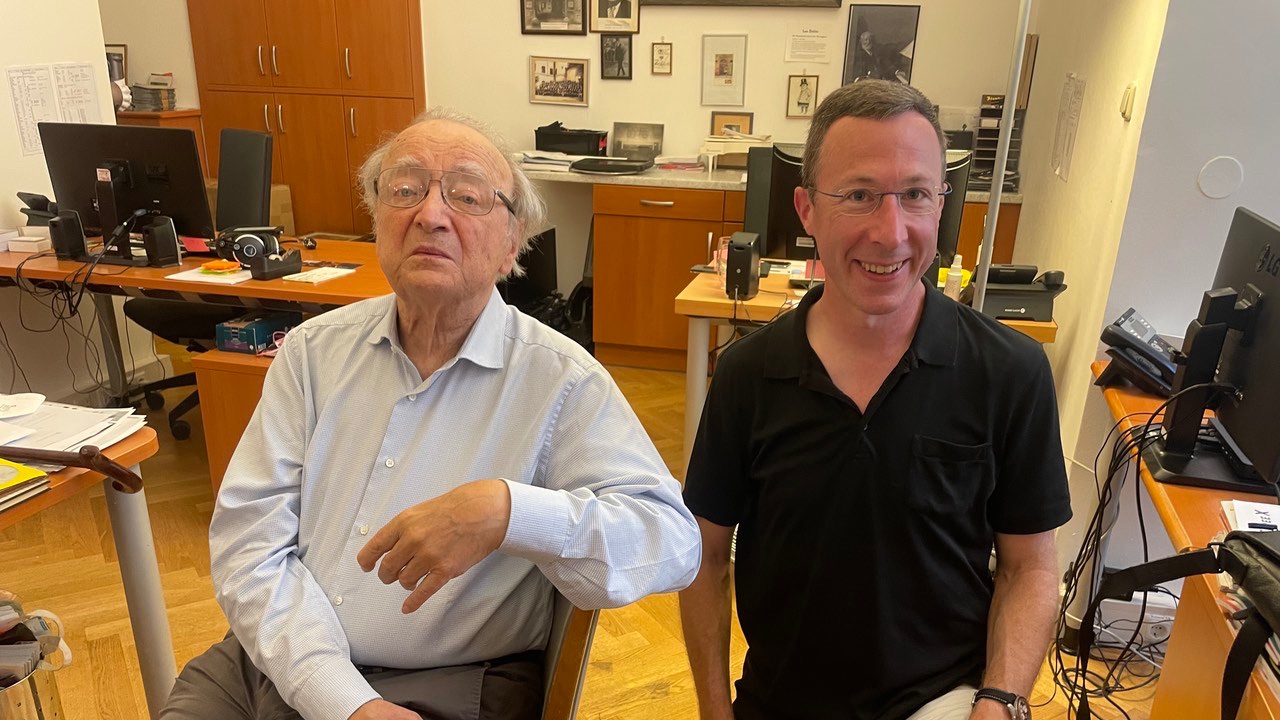One of the major figures in piano playing in the last century left us this week. Alfred Brendel was the last of a generation of influential Austrian pianists whose other major exponents were Friedrich Gulda and my own teachers Paul Badura-Skoda and Jörg Demus. Many in the musical press considered hi...
How important is it to be able to read music? Do you really need to learn to read music? Or is it enough to play piano by ear or by rote?
The short answer is that if you wish to make the most of your ability, you do need to be able to read music. But once you grasp a couple of basic points, it’s ac...
How good is the M4 iPad Pro for musicians? Can it be recommended for sheet music? If so, which configuration is best for reading music? This post will answer all of these questions and more.
This is an update to my overview of using an iPad for sheet music. In that video, we took a closer look at m...
Apple has released new iPad models, so it’s time to revisit the question of which model will best meet your needs as a musician.
This year’s lineup is as groundbreaking as it is disappointing, though. On the one hand, Apple at last created the perfect tablet for musicians, a truly uncompromising de...
This free downloadable Key Signature Chart is designed to help you learn all the key signatures easily. It's written in order of increasing sharps and flats.
Is it really necessary to learn all the key signatures?
In a word, yes. But fortunately, it’s not too difficult. All you really need to lear...
Which Is Right for You?
If you're deciding between an acoustic and a digital piano, I’ll be happy to help you choose which one is best for you. We’ll take a pretty comprehensive look at the advantages and disadvantages of each so you can make the best decision for your needs.
At the outset, two th...
Piano fingering is one of the most crucial aspects of learning the instrument, yet it is among the most overlooked. Here are seven of the most important rules for fingering, prefaced by an instruction to…
Rule #0: Finger it out for yourself!
No two hands are alike. What’s perfectly comfortable for...
If you’re new to ear training, there is one skill that would be a good idea to develop first. Ideally, this skill would be developed from the very beginning of your music study since it makes other ear training possible and facilitates working with a music teacher. It even makes for a suitable exerc...
Piano exercises are something of a necessary evil in piano playing. Ideally, we wouldn’t need them; instead our fingers (and minds!) would get all the exercise they need from the pieces we play. In reality, however, practically the only players who are able to forego exercises altogether are ones wh...
Practicing piano well is a far cry from just playing through our pieces. To learn effectively, our practice really needs to be systematic. Here are a few rules for effective piano practice.
Focus
Learning music requires our full attention. Practice while your concentration is at its peak. A coroll...
For several years I’ve been using iPads for sheet music. Like countless musicians, they’ve become an indispensable part of my musical life. iPads are now standard onstage. When I go to concerts, now I see an iPad on a piano’s music stand much more often than paper sheet music.
I’ve used a number of...
How to set up your musical mind for success
Whenever we set out to learn something, our brain automatically tries to take what it assumes to be the easiest path. We naturally navigate towards what we take to be the easiest way to accomplish any given task. But what may seem to be the easiest path m...


